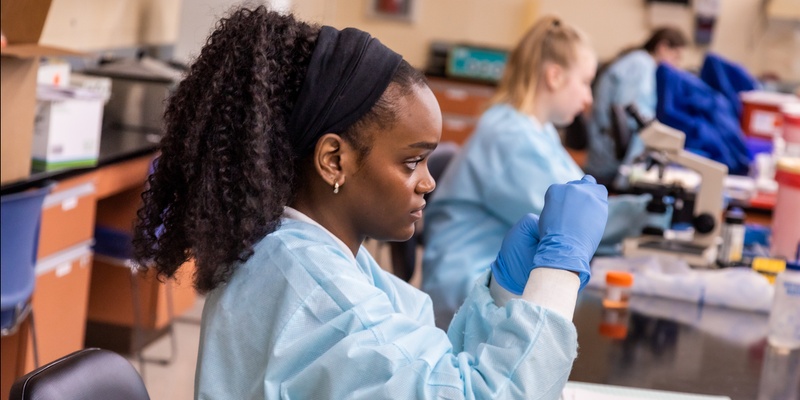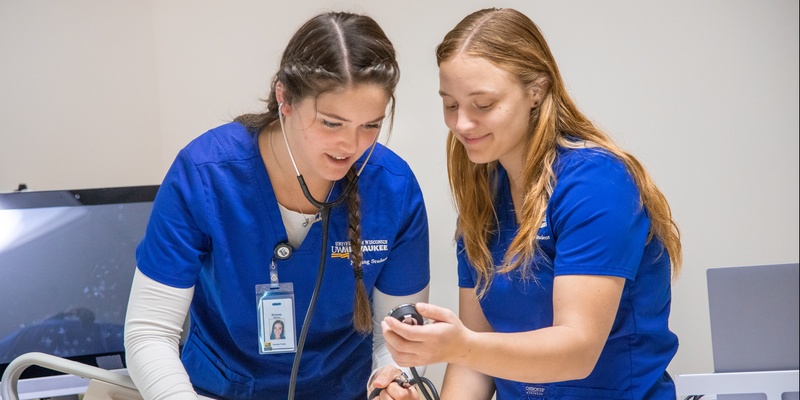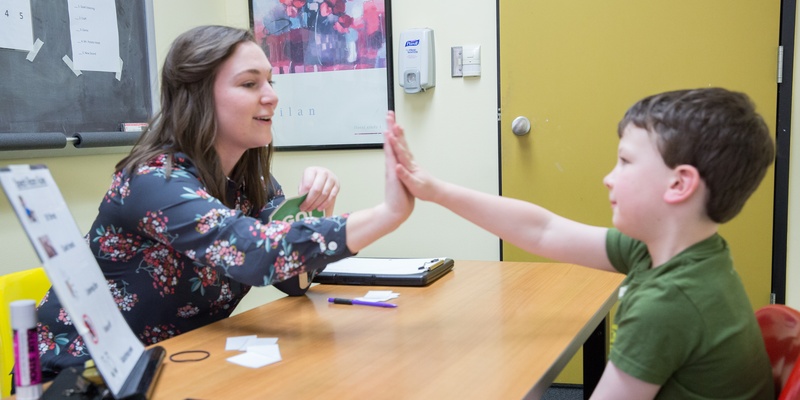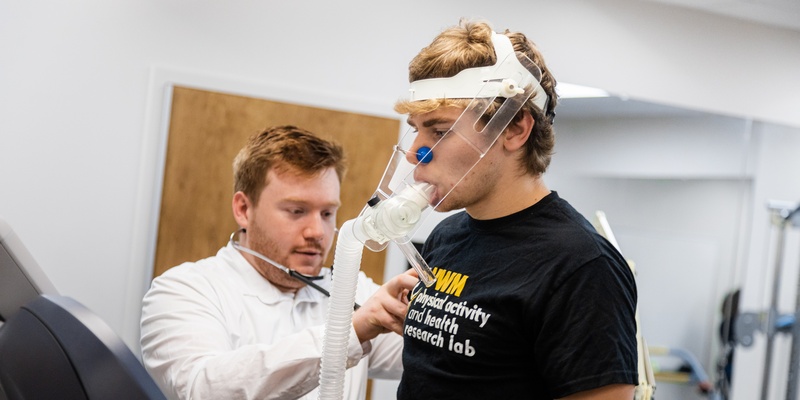College of Health Sciences Realignment
The University of Wisconsin Milwaukee College of Health Sciences (CHS) has been realigned to better meet the needs of students and the community.
The realignment is effective July 1, 2023. All existing programs within the College of Health Sciences are being realigned with similar programs.
On This Page
Program Realignment

School of Biomedical Sciences & Health Care Administration
- Biomedical Laboratory Sciences Programs
- Diagnostic Imaging Programs
- Health Care Administration Programs
- Health Sciences Programs

School of Nursing
- Nursing Programs
- Global Health Programs
- Sustainable Peacebuilding

School of Rehabilitation Sciences & Technology
- Athletic Training & Performance Psychology Programs
- Communication Sciences & Disorders Programs
- Occupational Therapy, Sciences & Technology Programs
- Physical Therapy Programs
- Health Professions & Sciences Continuing Education

Joseph J. Zilber College of Public Health
- Kinesiology Programs
- Nutritional Sciences Programs
- Health Informatics Programs
What you need to know
- Majors and academic programs for currently enrolled students are unchanged.
- Faculty and instructors will continue teaching and supporting their existing majors/programs.
- Academic and student support services will continue as they do now.
- Degrees granted in Fall 2023 and after will come from the current/realigned school the student is enrolled in.